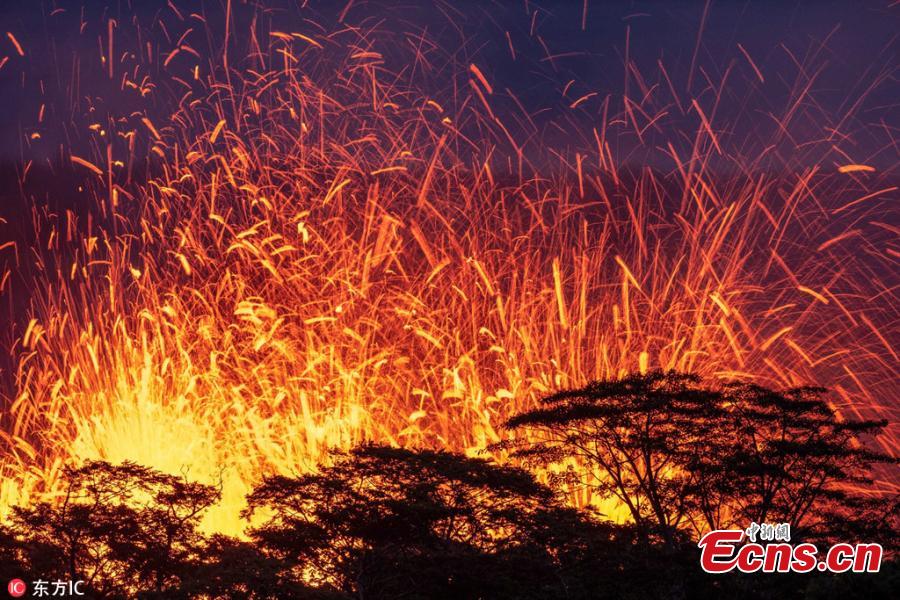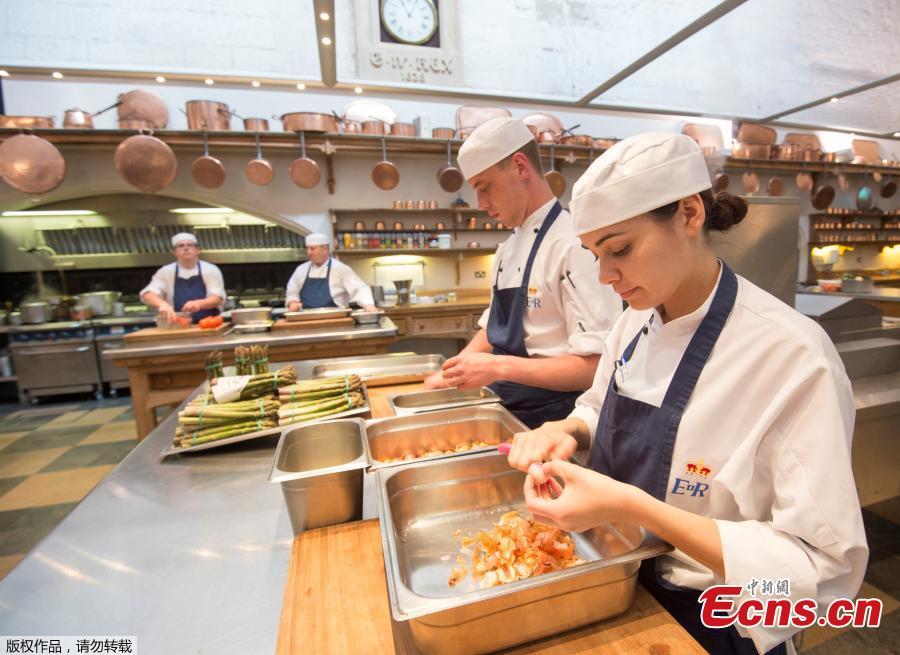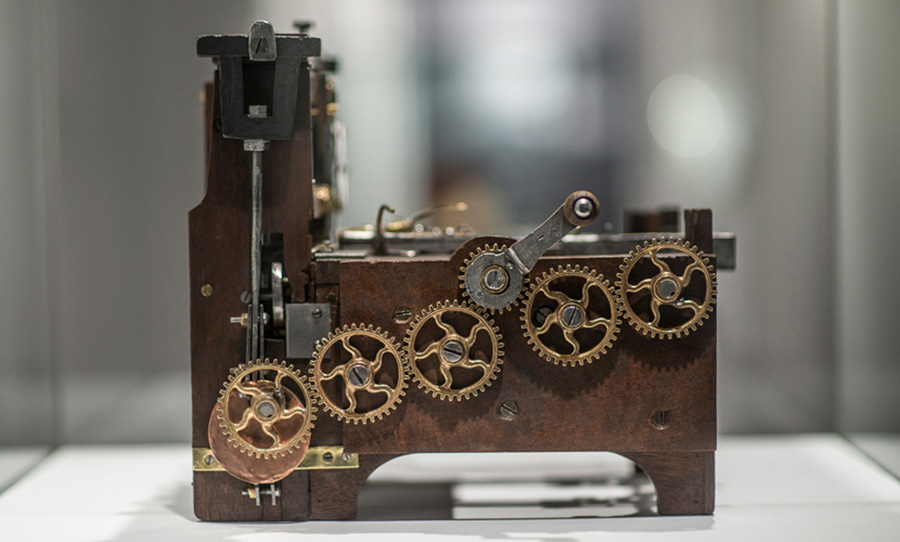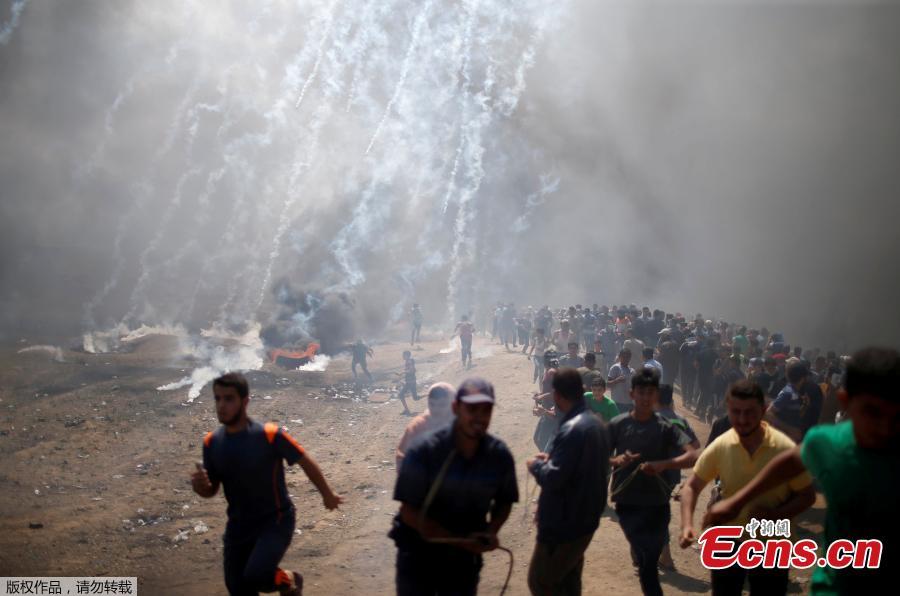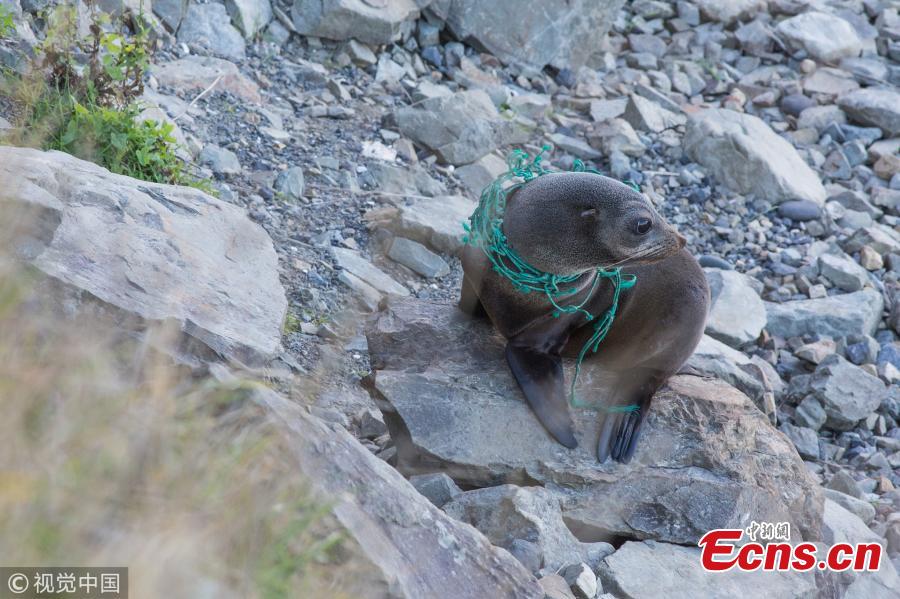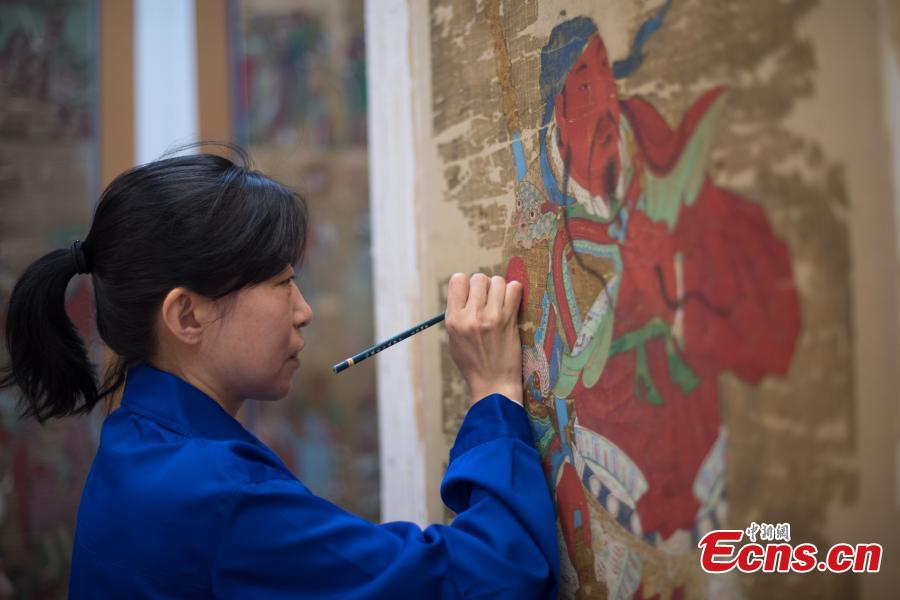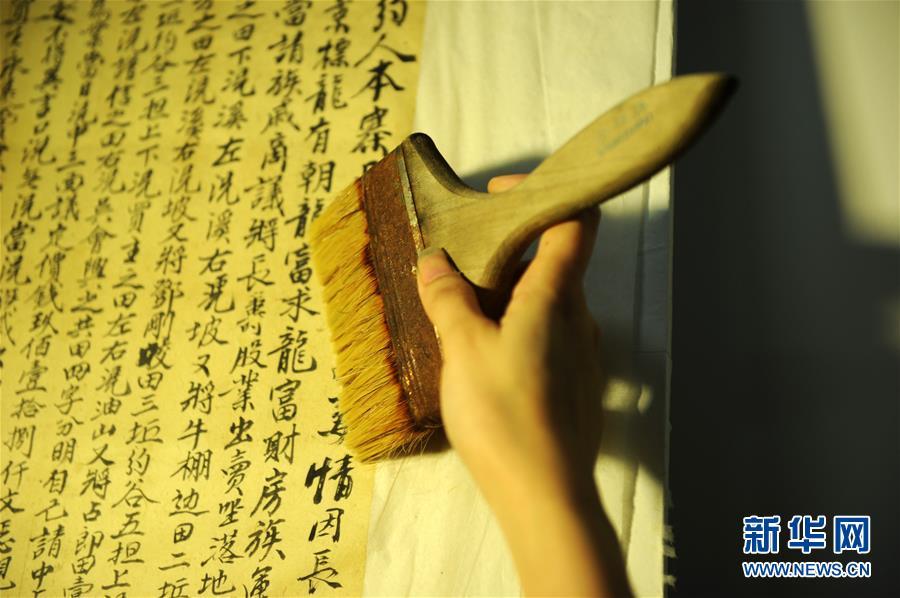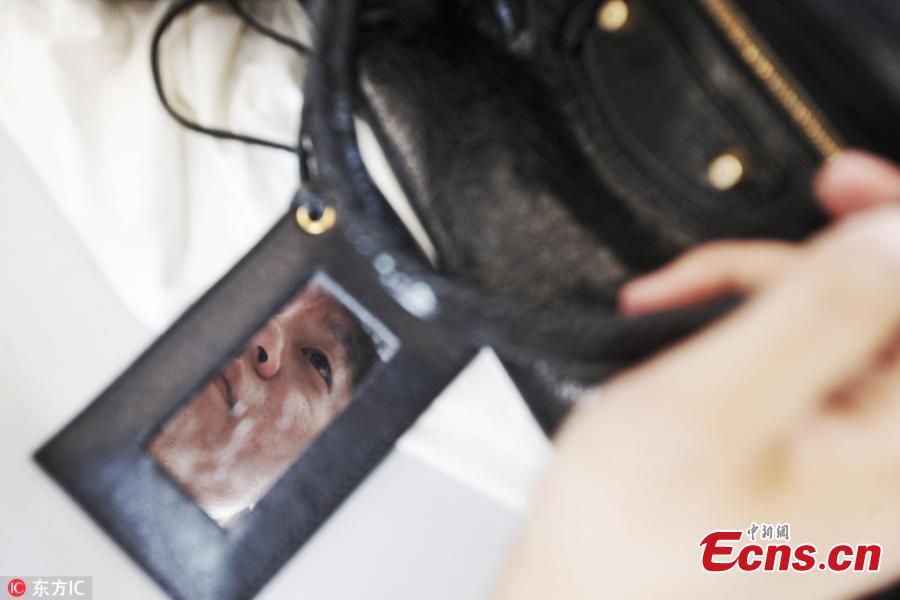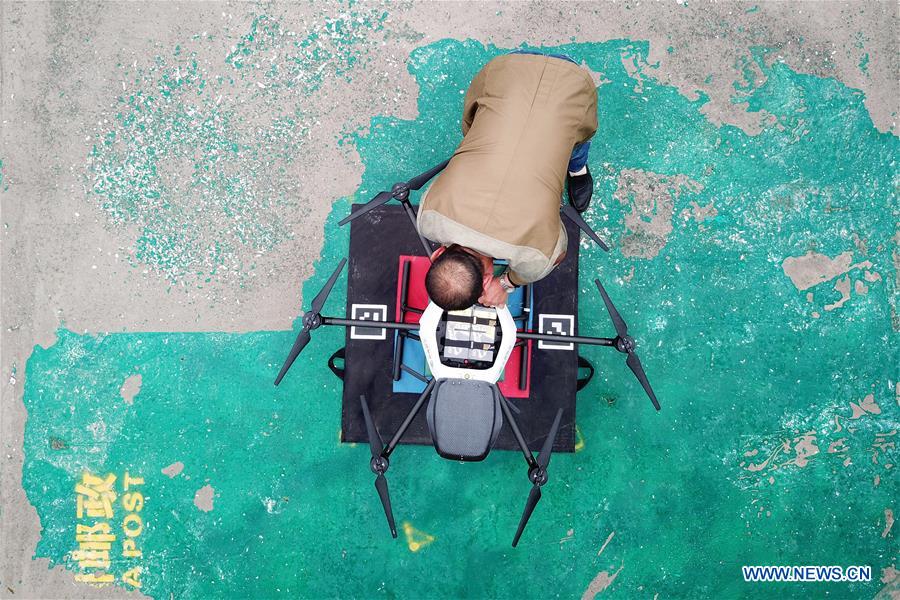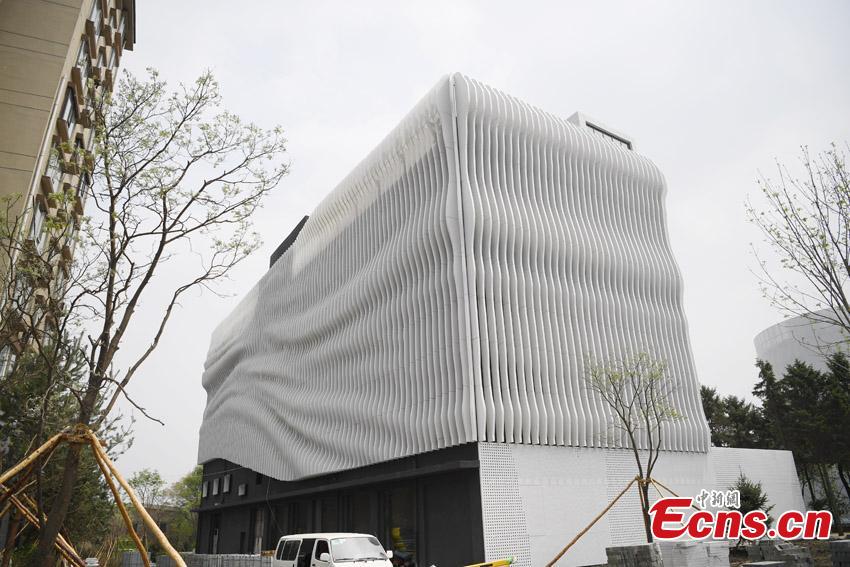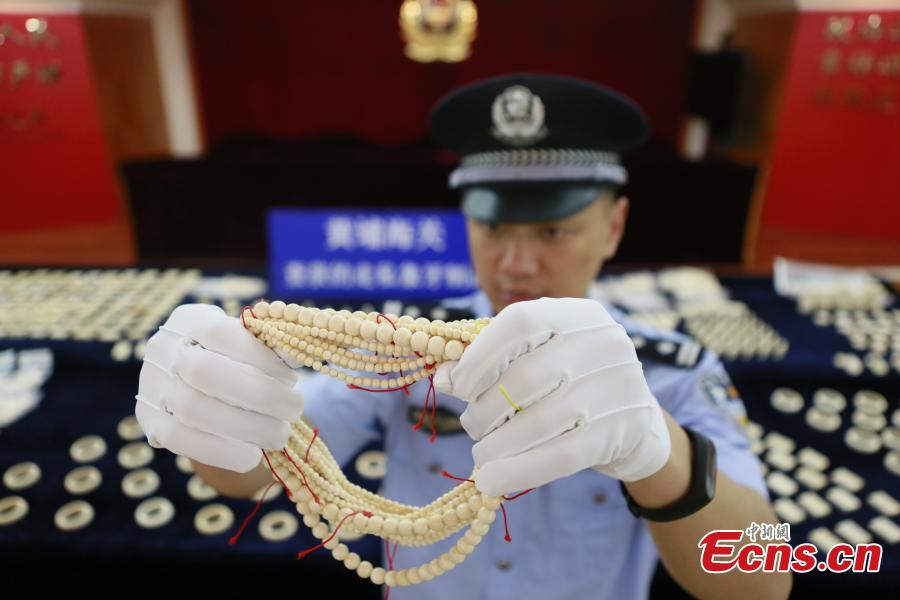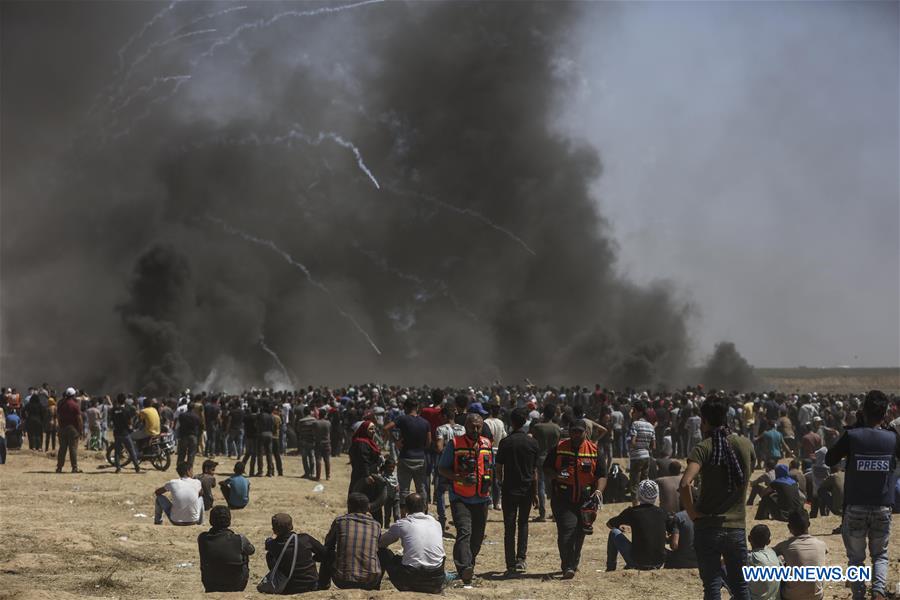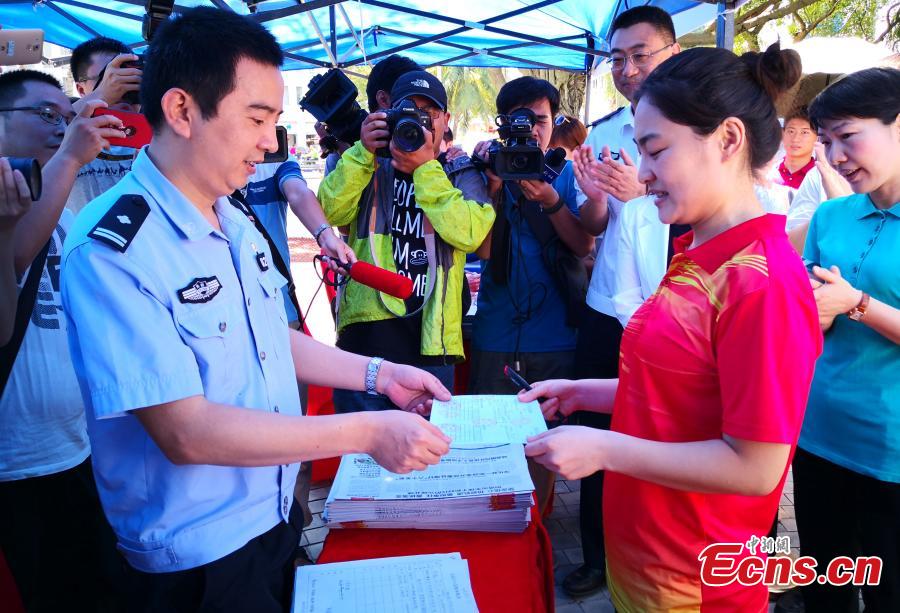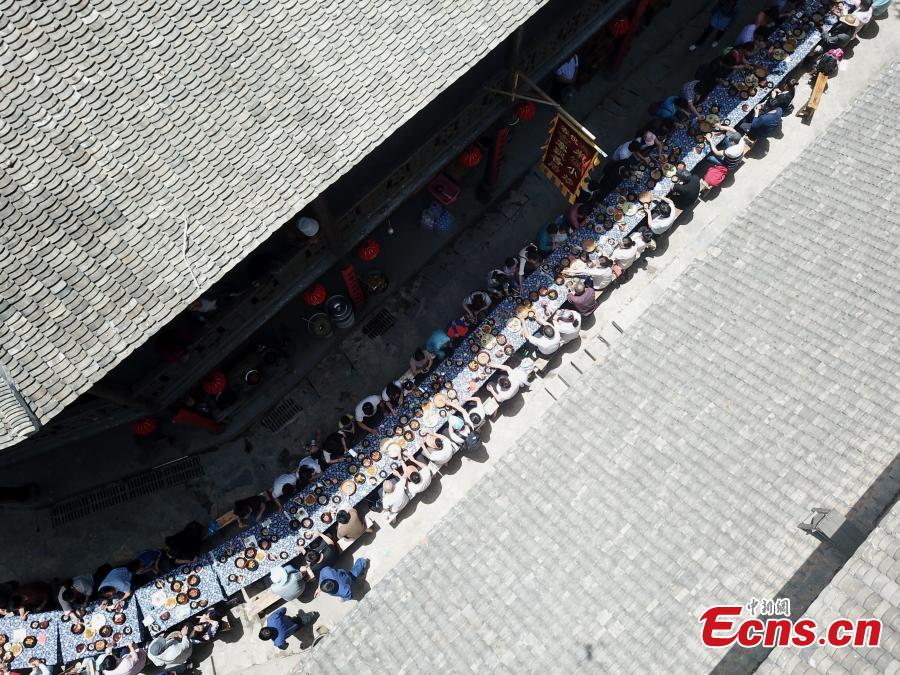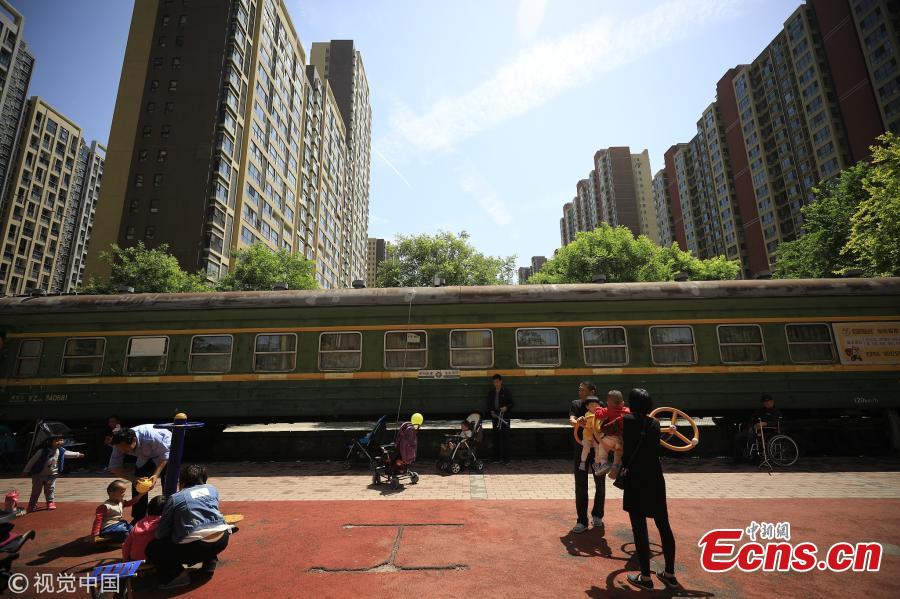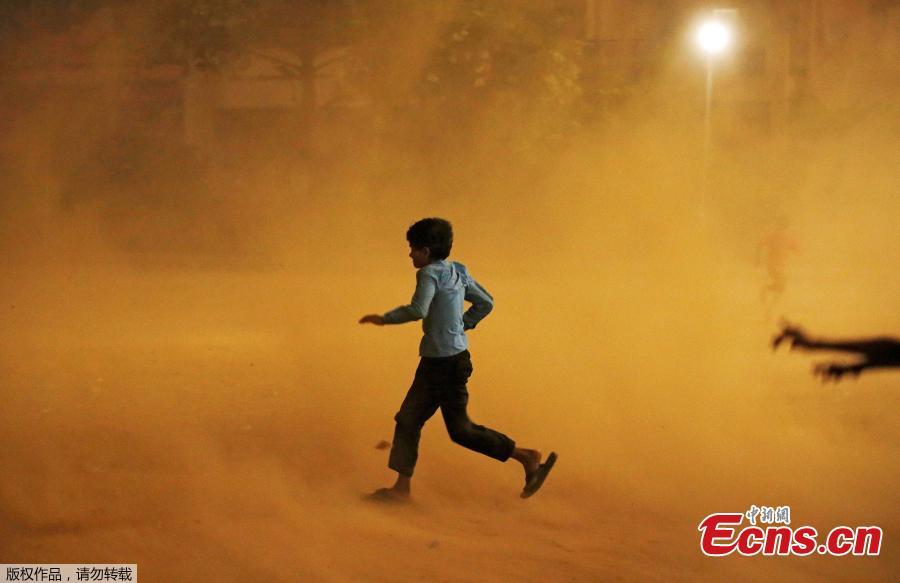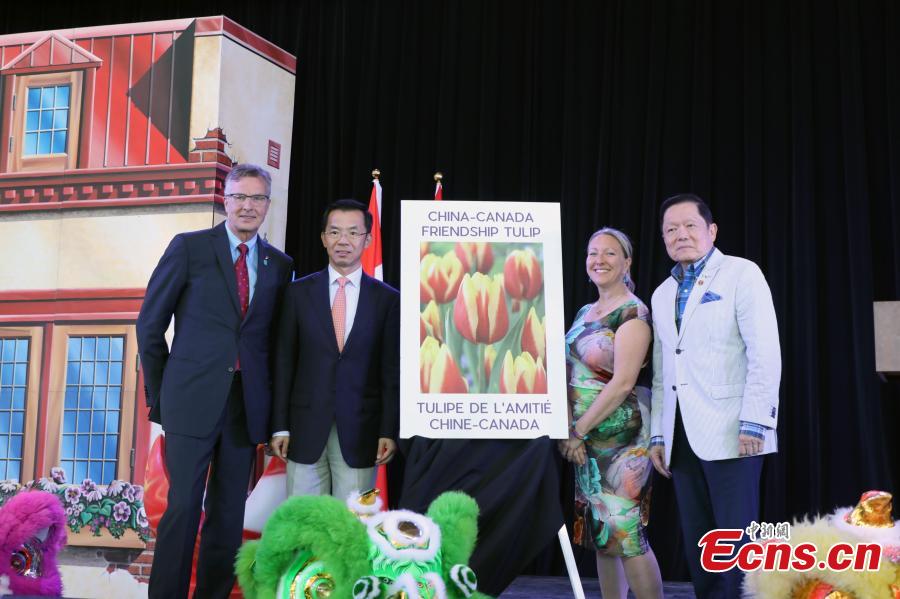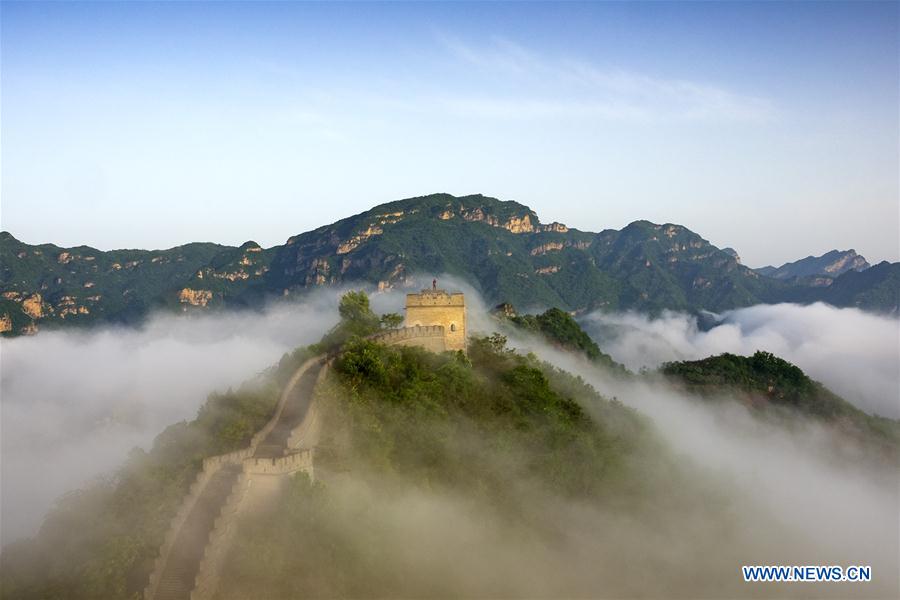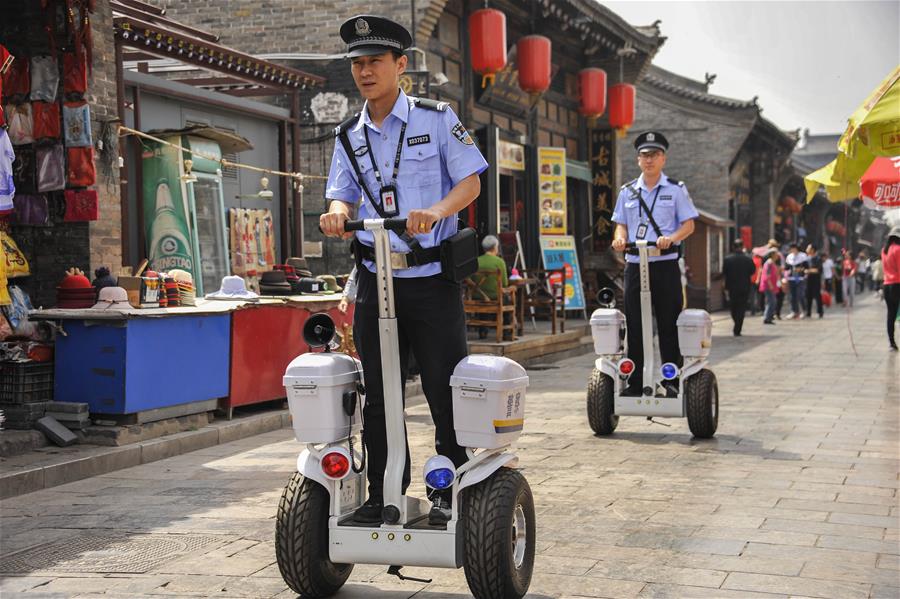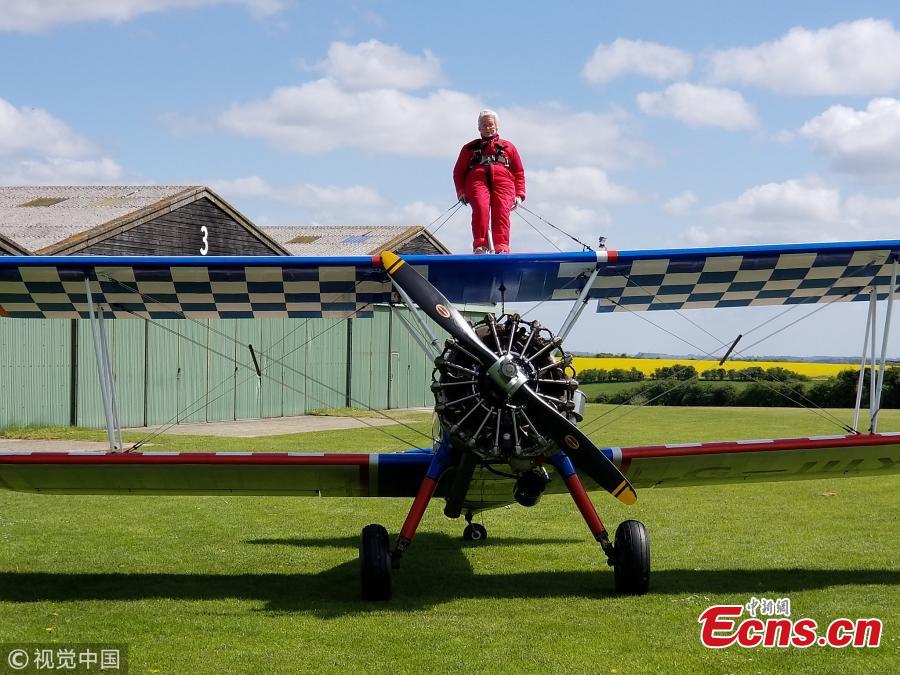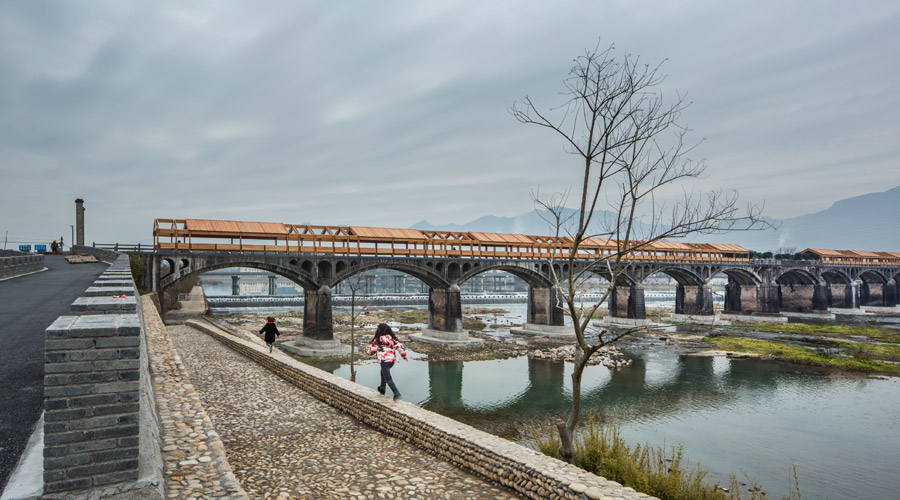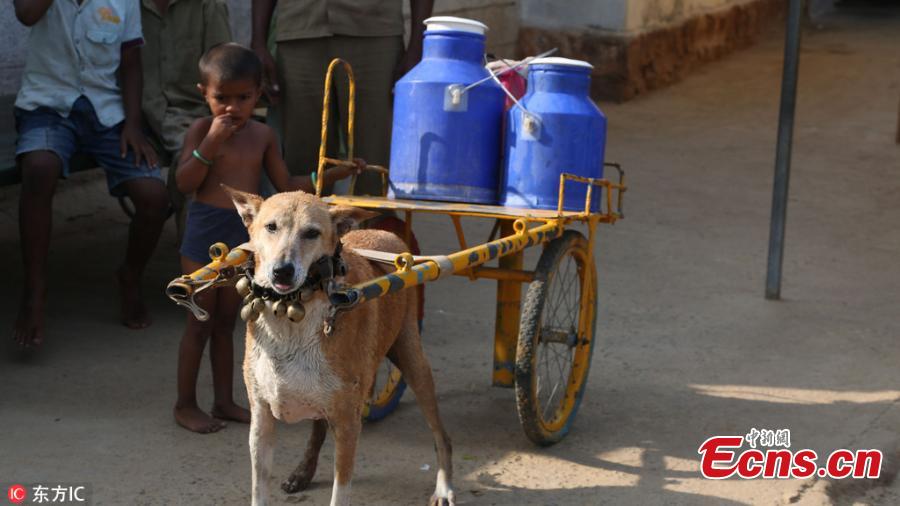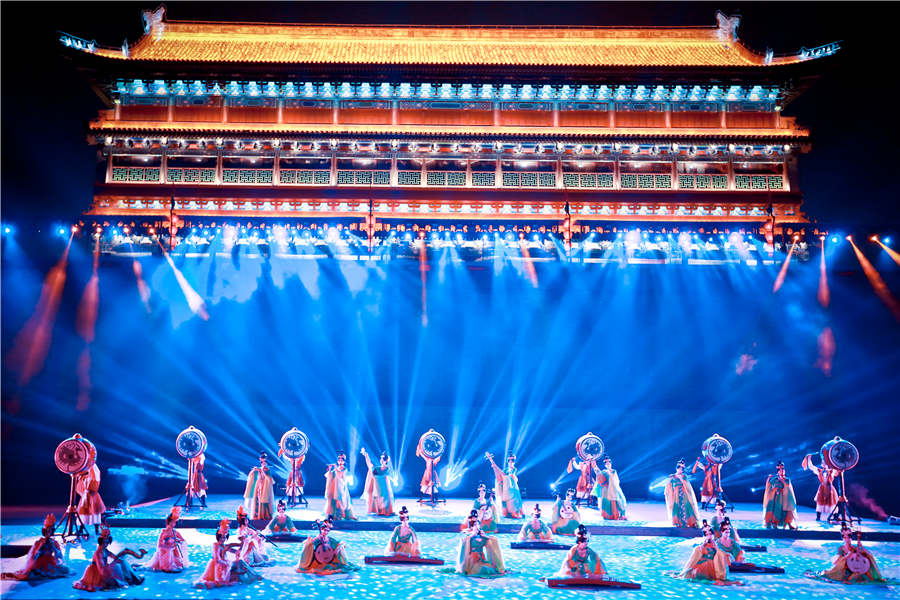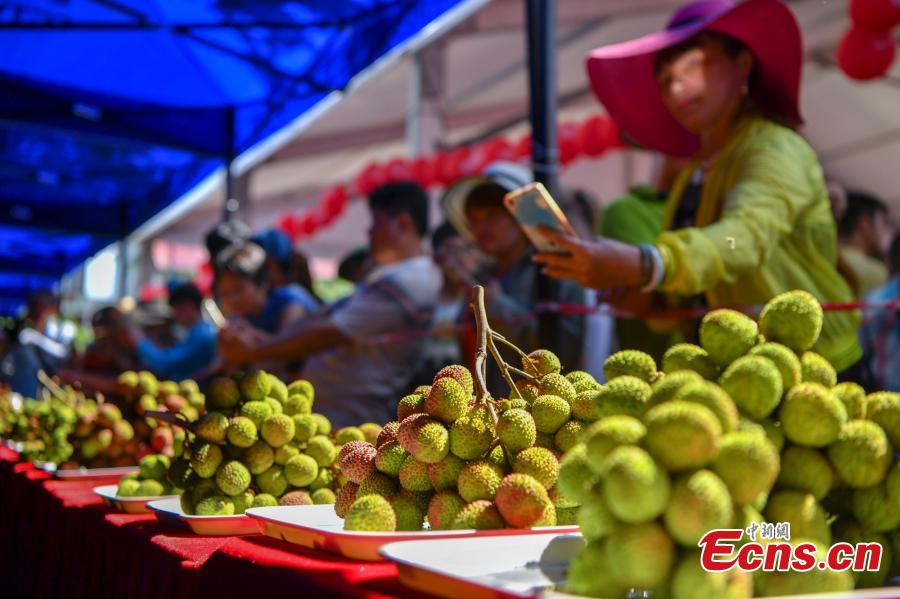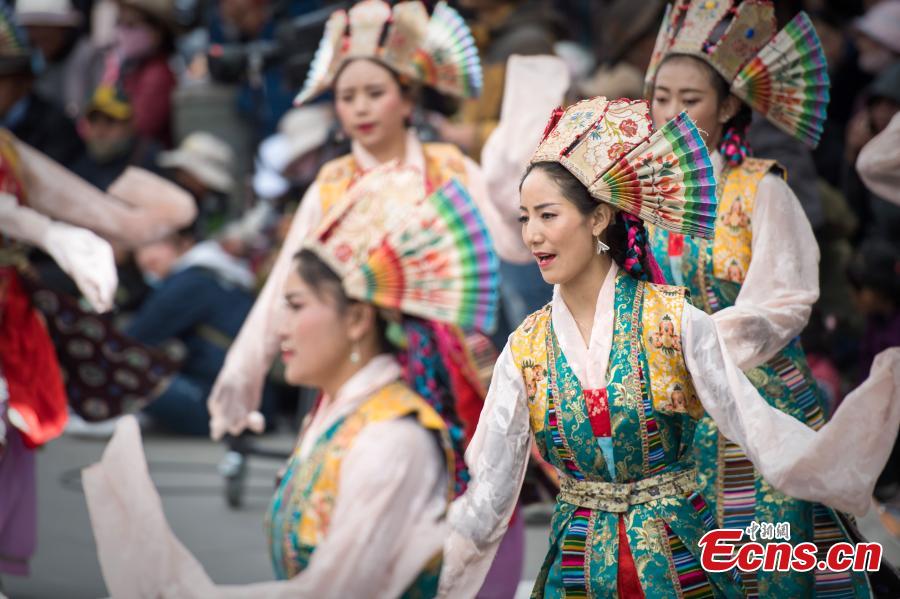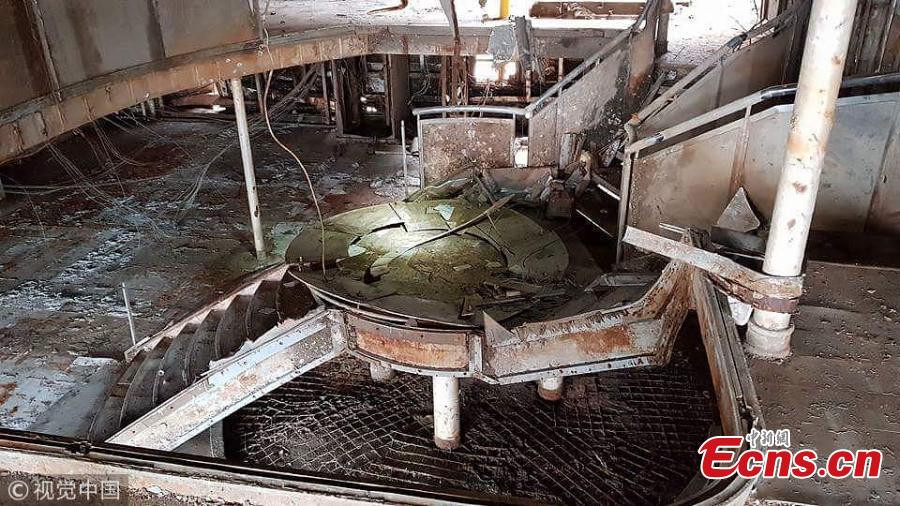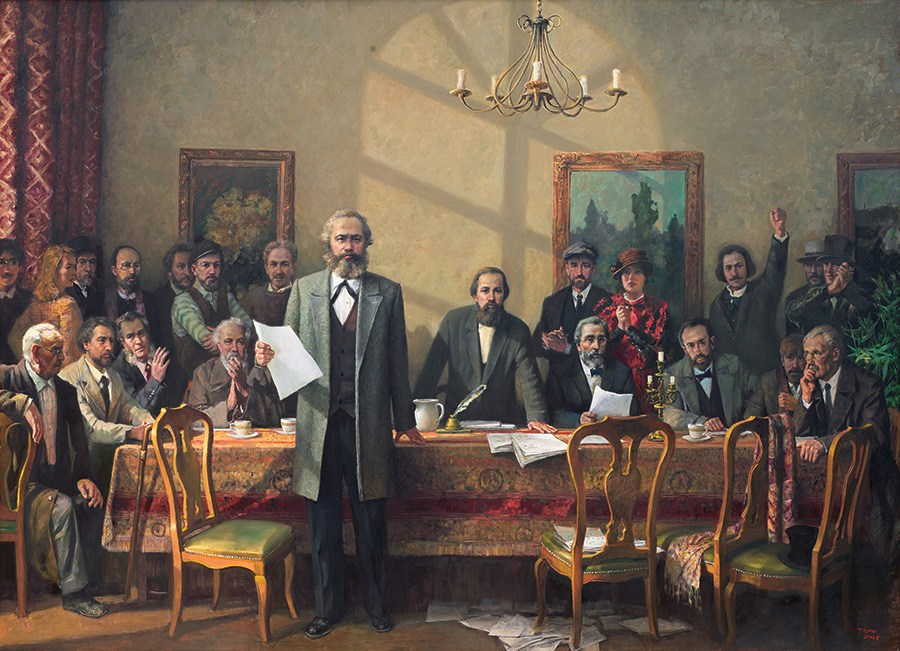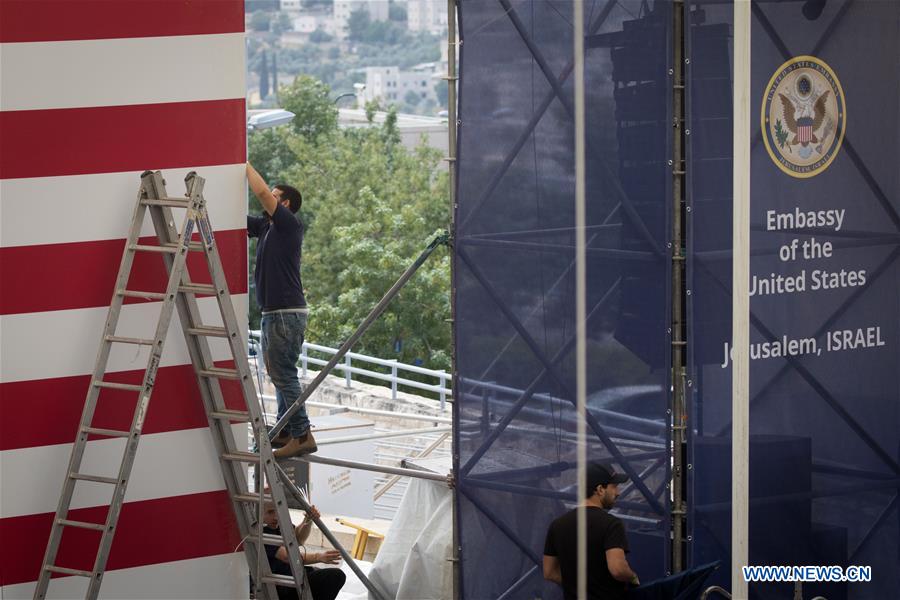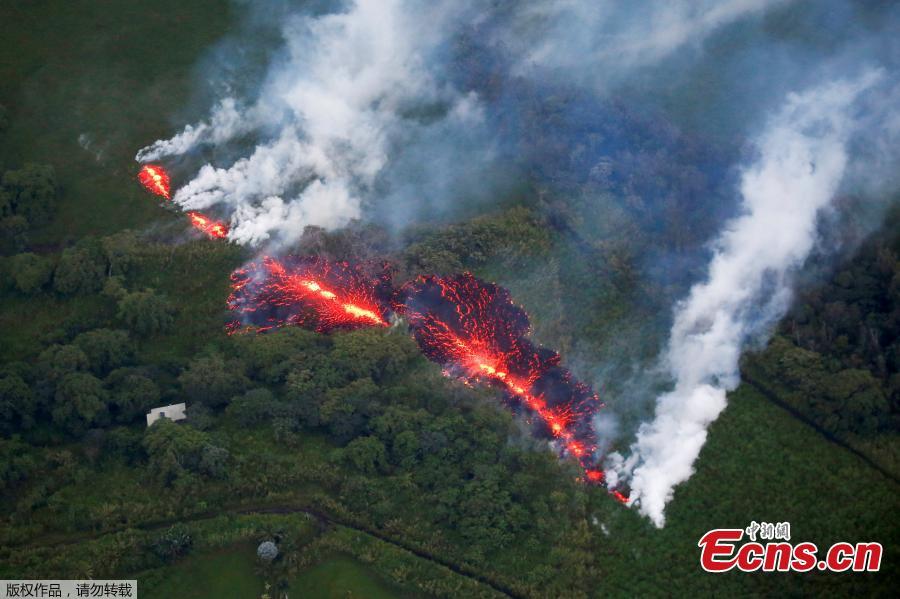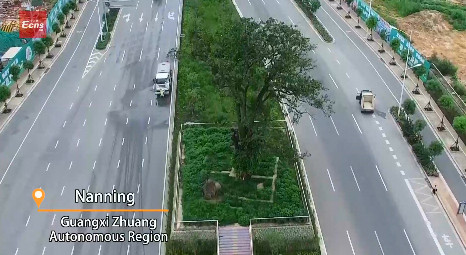China's "red history" education for Communist Party of China (CPC) officials aims at making it more relevant to a younger generation to whom tumultuous revolution and enduring harsh conditions are beyond their personal experiences.
The China Executive Leadership Academy of Jinggangshan (CELAJ), one of three national CPC education centers, has adjusted its curriculum to make it more popular among young trainees.
The school was established in 2005 as a training center for CPC officials, corporate managers, professionals and military officers.
When talking about the changes with the academy's trainees, Wang Xukuan, a professor at the academy, said more and more young people have become mid- or high-level officials, with most of them unfamiliar with the early history of the CPC.
"Young officials tend to think more independently when learning history and they sometimes raise hard questions and challenge the teachers. We will show them this period of history in an objective way," said Wang.
Ke Hua, head of the academy's teaching department, said the classes have been designed in a way that will weld current social topics with Jinggangshan's revolutionary history.
For example, during a recent training session for mid-level officials, students were asked to read revolutionary classics while reflecting on a recent scandal involving students who were required to bring their own desks to school.
It was previously reported that 3,000 primary school students in central China's Hubei province had to bring their own desks and chairs to school when the new semester began in September.
Schools in villages near the Dabie Mountains, where the 3,000 children live, are poor indeed. Some of the region's teachers don't even have their own desks. The students have become accustomed to bringing their own desks and chairs at the start of each semester.
Trainees at CELAJ were asked to discuss the matter while learning from Mao Zedong's writing "Caring for the people's lives, paying attention to one's working methods," which was part of a speech Mao made at a national conference held in 1934.
Students are also given new channels through which to express their ideas and discuss the education they have received. While students were previously asked to write concluding reports detailing what they learned at the academy, they are now given the option to "act out" their reflections in skits performed at galas thrown at the end of their studies.
Mei Liming, vice dean of the academy, said the students should learn the beliefs that have been held dear by CPC members, such as serving the people.
"There is still a lot to learn for today's officials, such as ideas, theories and practical methods used by CPC members in previous decades," Mei said.
About 30 percent of the trainees were born after 1970, with a small proportion born after 1980. The youngest trainee is 29-year-old Liu Kai, who was appointed head of Lingtai county in northwest China's Gansu province last year.
Located in east China's Jiangxi province, Jinggangshan is regarded as the cradle of the Chinese Communist revolution, as Mao Zedong established a rural revolution base there in 1927.









